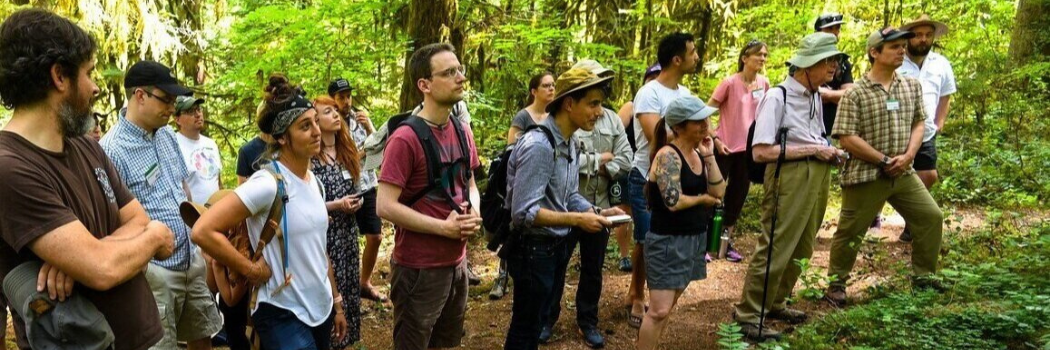
As part of World Day of Social Justice, Dr Simona Capisani, who works in our Philosophy department, explains how her research looks to address structural and historical injustices and inequalities in the context of climate and environmental change.
What is your research about?
One of my current areas of research focuses on questions of our moral, political, and legal obligations to people and non-human species whose mobility is impacted by climate change.
Much of the public conversation about the relationship between climate change and migration tends to focus heavily on the possibility of mass migration flows across borders. However, this focus often obscures a range of different ways that mobility can be impacted and thus limits the range of questions we can ask about what justice requires.
Who gets to determine whether a place is livable or not? Who decides if a right to a livable place has been sufficiently protected? These are questions that require an exploration about the concept of livability. It also requires us to examine the resources and structures of power at play. These questions have been a central focus of my current research. My thinking about moral and political philosophy is informed by - and aims to inform - how the international climate regime can better address these matters of justice.
Why is advancing social justice so important?
Advancing social justice is crucial for building a more just and inclusive world.
This requires us to address the question of what we owe each other as moral equals. Answering this gets us involved with the difficult work of figuring out how resources, opportunities, and capabilities are to be distributed in a fair way. It also requires us to confront how inequalities and oppressive structures of power persist and what is required to bring about material change.
In other words, questions of social justice extend to our relationships to each other as well as to the institutions, norms, and resources that structure our lives. Social justice concerns also arise in the context of our relationships to non-human species, nature, and to broader issues of climate justice.
We need to identify, improve and centre questions social justice in climate discussions and actions. If we don't, we risk perpetuating past injustices, problematic practices and institutions that are the major source of the problems climate change poses. We also limit the possibility to build fairer and more just institutions. Examining the relationship between social and climate justice prompts us to imagine and pursue the construction of better social, economic, democratic, technological practices and relationships that impact ourselves, the lives of others, and the planet itself.






